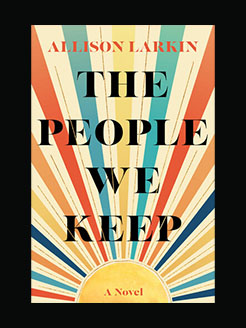Published in 2016
360 pages
Ellen L. Short is currently an assistant professor at Long Island University, in the School of Education, Department of Human Development and Leadership, Counseling Programs. Her areas of specialization in teaching, scholarly research, and publishing are group dynamics focusing on race, ethnicity, gender, and culture; multicultural assessment of intelligence and aptitude tests; and substance use/abuse and high-risk behaviors among HIV-positive, heterosexual populations. She has served as a consultant at group relations conferences in the United States and internationally. She has also directed group relations conferences at Teachers College, Columbia University and New York University. She is a member of the A. K. Rice Institute for the Study of Social Systems and the New York Center for the Study of Groups, Organizations and Social Systems. She received her MA in counseling psychology from Northwestern University and her PhD in counseling psychology from New York University.
What is this book about?
The book, Talking About Structural Inequalities in Everyday Life: New Politics of Race in Groups, Organizations, and Social Systems, provides critical attention to contemporary, innovative, and cutting-edge issues in group, organizational, and social systems that address the complexities of racialized structural inequalities in everyday life. This book provides a comprehensive focus on systemic, societal, and organizational functioning in a variety of contexts in advancing the interdisciplinary fields of human development, psychology, counseling, social work, education, public health, multiculturalism/cultural studies, and organizational consultation. One of the most fundamental aspects of this book engages readers in the connection between theory and praxis that incorporates a critical analytic approach to learning and the practicality of knowledge. A critical emphasis examines how inequalities and power relations manifest in groups, organizations, communities, and social systems within societal contexts. In particular, suppressing talk about racialized structural inequalities in the dominant culture has traditionally worked to marginalize communities of color. The subtle, barely visible, and sometimes unspeakable behavioral practices involving these racialized dynamics are explored. This scholarly book provides a valuable collection of chapters for researchers, prevention experts, clinicians, and policy makers, as well as research organizations, not-for-profit organizations, clinical agencies, and advanced level undergraduate and graduate courses focused on human development, psychology, counseling, social work, education, public health, organizational consultation and advocacy.







